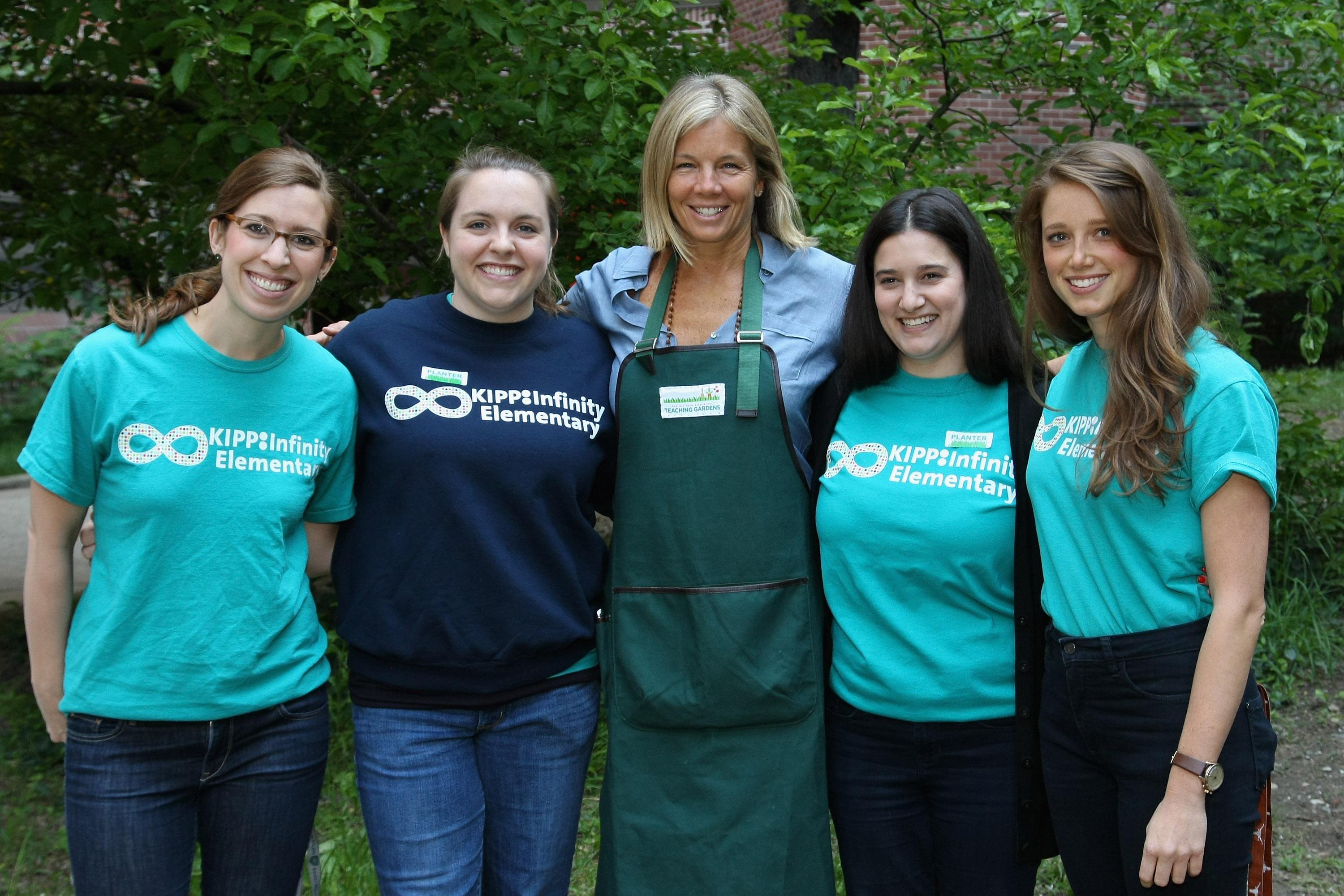I was really glad to see this Diane Ravitch post denouncing Teach for America as an institution that “began with a worthy goal” of getting “bright, idealistic college graduates to serve in poor children in urban and rural districts” but has now become “the Trojan horse of the privatization of public education” because lots of TFA alumni go on to do policy advocacy that disagrees with teachers’ union positions.
I’m glad she wrote it, not because I agree but because it highlights the important point that in a lot of ways education reform (or “reform” if you prefer) is made of educators.
I thought of this over the weekend at my college reunion, where I met up with an old friend of mine who right after graduation was a science teacher in a public school in New Orleans. Later, she taught at a KIPP-affiliated school turnaround venture in New Orleans and then became founding assistant principal of a KIPP-affiliated school there. Then she moved back to the Boston area and became principal of a charter school called Excel Academy. Now she’s a fellow at an nonprofit called Unlocking Potential, but soon she’s going to become principal of a troubled public middle school in a a Massachusetts town whose school district has been placed in state receivership.
Now, in one sense, as you can tell from that biography, she really is a “Trojan horse” for disrupting the status quo in education. But at the same time, this is a reminder that education reform isn’t all about the donors or politicians. It’s not just “reformers” against “teachers,” but one set of teachers against another set of teachers. The people doing Teach for America and working in charter schools are educators just as much as the people working in the traditional public schools and going through the traditional certification route. And as Ravitch says, a large share of the people involved at a politics and policy level in reform are people who’ve experienced teaching in low-income schools and simply come to different policy conclusions from union people about that experience.
